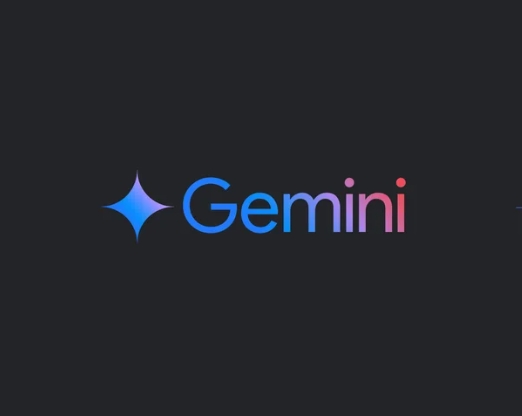Anthropic recently launched Claude 3.7 Sonnet, its first "hybrid reasoning model," designed to tackle more complex problems and outperform previous models in areas like mathematics and coding. Simultaneously, Anthropic released a limited research preview of Claude Code, a "agent" coding tool positioned as a proactive collaborator within a developer's workflow.

Next-Generation Reasoning Model, Significantly Enhanced Performance
The launch of Claude 3.7 Sonnet marks a significant step forward for Anthropic in the realm of reasoning models. This new model excels in mathematical calculations and coding tasks, particularly demonstrating superior performance compared to its predecessors in agent coding, finance, and legal tasks. The 3.7 version shows a marked improvement in reasoning capabilities compared to its predecessor, Claude 3.5 Sonnet. While Claude still doesn't support real-time web searches, its knowledge is updated to October 2024, resulting in more current answers.
The model will be available in the Claude app next Monday. Developers can also access it through Anthropic's API, Amazon Bedrock, and Google Cloud's Vertex AI. Its operational cost remains the same as its predecessor: $3 per million input tokens and $15 per million output tokens.
Claude Code: A New Partner for AI Coding
In addition to Claude 3.7 Sonnet, Anthropic introduced Claude Code, a research preview of an "agent" coding tool. Claude Code is designed as a powerful assistant for developers, capable of searching and reading code, editing files, writing and running tests, and submitting code to GitHub. Compared to other AI coding tools on the market, Claude Code emphasizes collaboration; it not only assists in writing code but also helps developers manage codebases, improving efficiency.
Michael Gerstenhaber, Vice President of Product, noted that Claude Code also allows developers to control the AI's thinking process by adjusting the model's "registers," even specifying precise time limits for responses—crucial for product decisions.
Simplifying Reasoning, Driving AI Industry Advancement
At the launch event, Dianne Penn, Anthropic's Head of Product Research, highlighted the company's vision to simplify the reasoning experience. She stated that reasoning should be an inherent characteristic of artificial intelligence, not a separate module. Claude's launch reflects this approach; the model can quickly answer simple questions and handle complex ones, such as planning a two-week trip to Italy.
Currently, Claude 3.7 Sonnet's technology is widely used internally at Anthropic, including website design, interactive game development, and experiments in coding tasks through the construction of test sets. The company even tested its capabilities in the classic Pokémon game by mapping the model's API to a controller scheme. Claude 3.7 significantly outperformed its predecessor, successfully defeating multiple gym leaders.
Intensifying Competition, Anthropic May Have Taken the Lead
With the rapid advancement of artificial intelligence technology, the release of Claude 3.7 Sonnet once again positions Anthropic favorably in the technological race against competitors like OpenAI. The industry widely believes that with the continuous improvement of reasoning model performance, the AI industry is moving towards a future of "omnipotent" models. This means future AI will no longer be merely an independent reasoning tool but a multifunctional, integrated collaborative platform.










